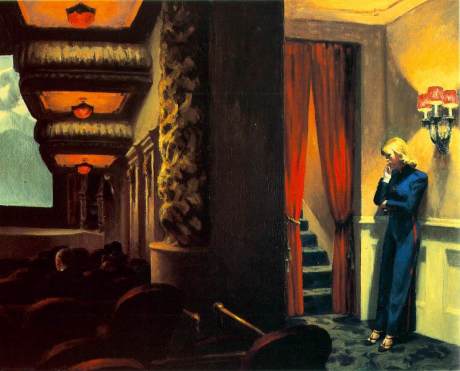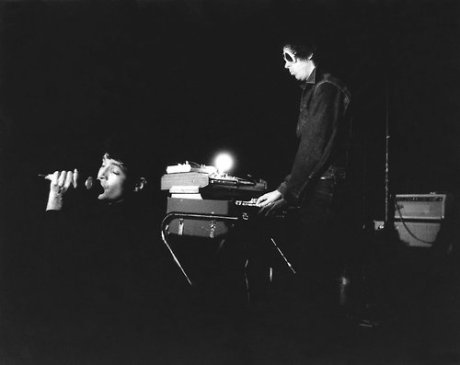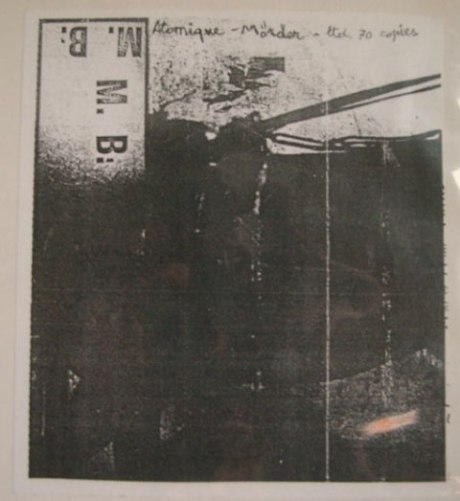Act of Being #13: Lillian Gish
August 13, 2011

Lillian Gish in Broken Blossoms
(1919, US, D.W. Griffith)
Play skillfully with a loud noise #20
August 8, 2011
Act of Being #12: Charlie Chaplin
August 7, 2011

Charlie Chaplin in Modern Times
(1936, US, Charlie Chaplin)
Short #32: New York Movie
August 5, 2011

Edward Hopper, New York Movie 1939. Oil on canvas 32 1/ 4 x 40 1/8 in.
Ray Carney Moment of the Day #19
August 4, 2011

As I argue in my chapter on It’s A Wonderful Life, Capra’s work is so opposed to the creation of symbolic truths that even an event or a word that a well-intentioned character wants to treat as a symbol is shown to resist being stabilized this way. With the noblest intentions in the world, Mary Hatch attempts to create enduring symbols of her faith in George’s vision with her “George lassos the moon” needlepoint. The only problem (which is, in Capra’s view, of course no problem at all, but a cause for celebration) is that her symbols won’t stand still the way she wants them to. Like the Granville Place, and like most of the other important events and objects in the film, “lasso” and “moon” continually shift and change their meaning. At George’s darkest hour, they completely reverse their original meanings: the lasso of his youth becomes a noose around his neck, and the moon transforms itself from an object of romance into the name of an unromantic dive in Pottersville, the Blue Moon Bar. Capra wants us to see that life moves out from under the symbols we would nail it down with–even our most idealistic and spiritually exalted symbols. Not even meanings made with love can stop life’s motion.
Read the rest of this entry »
Play skillfully with a loud noise #19
August 4, 2011

We’re all Frankies
Change Your Life #16: DH Lawrence
August 3, 2011

WE like to think of the old-fashioned American classics as children’s books. Just childishness, on our part. The old American art-speech contains an alien quality, which belongs to the American continent and to nowhere else. But, of course, so long as we insist on reading the books as children’s tales, we miss all that.
One wonders what the proper high-brow Romans of the third and fourth or later centuries read into the strange utterances of Lucretius or Apuleius or Tertullian, Augustine or Athanasius. The uncanny voice of Iberian Spain, the weirdness of old Carthage, the passion of Libya and North Africa; you may bet the proper old Romans never heard these at all. They read old Latin inference over the top of it, as we read old European inference over the top of Poe or Hawthorne.
It is hard to hear a new voice, as hard as it is to listen to an unknown language. We just don’t listen. There is a new voice in the old American classics. The world has declined to hear it, and has babbled about children’s stories.
Why ? – Out of fear. The world fears a new experience more than it fears anything. Because a new experience displaces so many old experiences. And it is like trying to use muscles that have perhaps never been used, or that have been going stiff for ages. It hurts horribly.
Read the rest of this entry »
Act of Being #11: Tim Roth
August 1, 2011

Tim Roth in Made in Britain
(1982, UK, Alan Clarke)
Short #31: Hard Times in Newquay
August 1, 2011
Wizz Jones & the hippies of Newquay, 1960
Play skillfully with a loud noise #18
August 1, 2011

